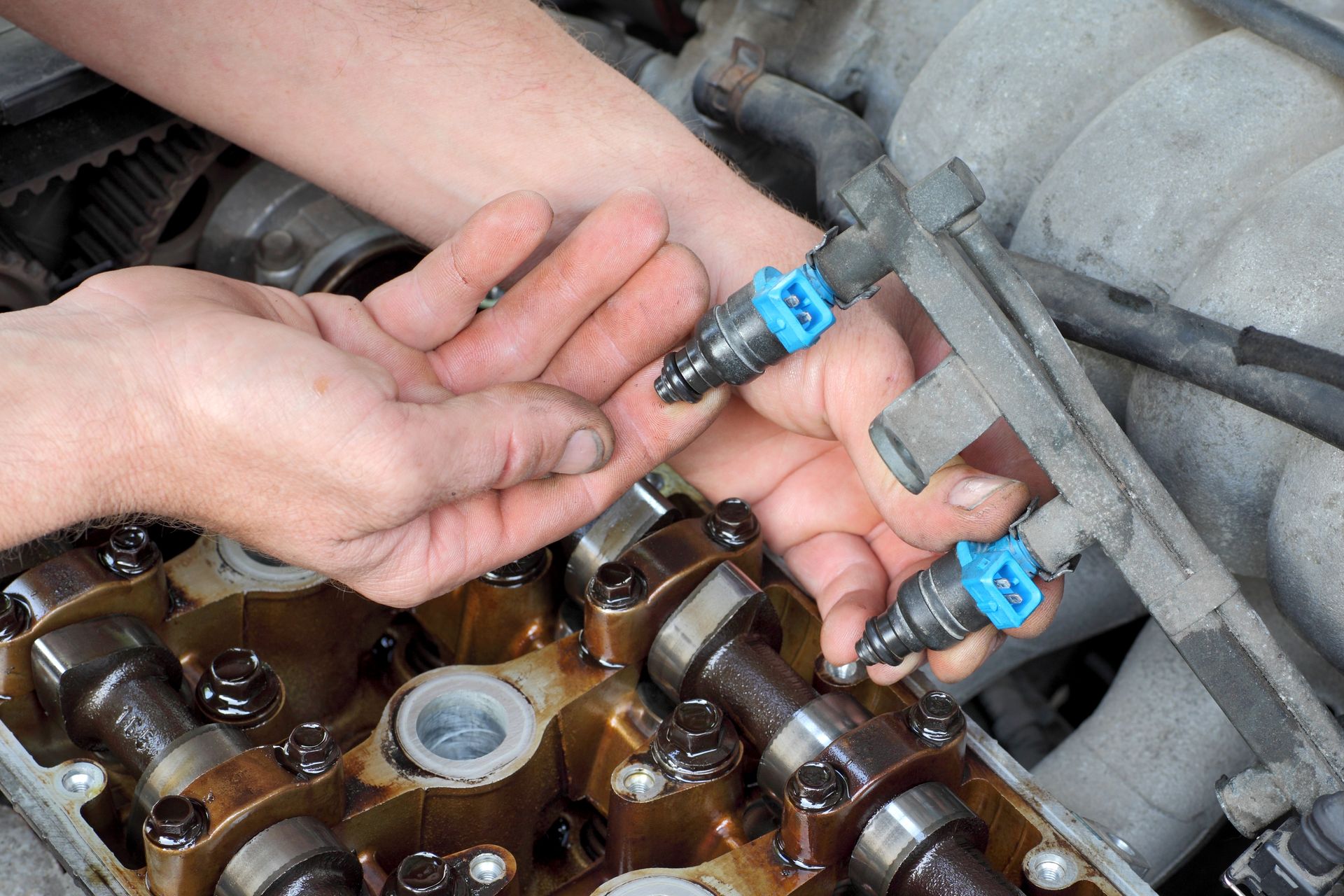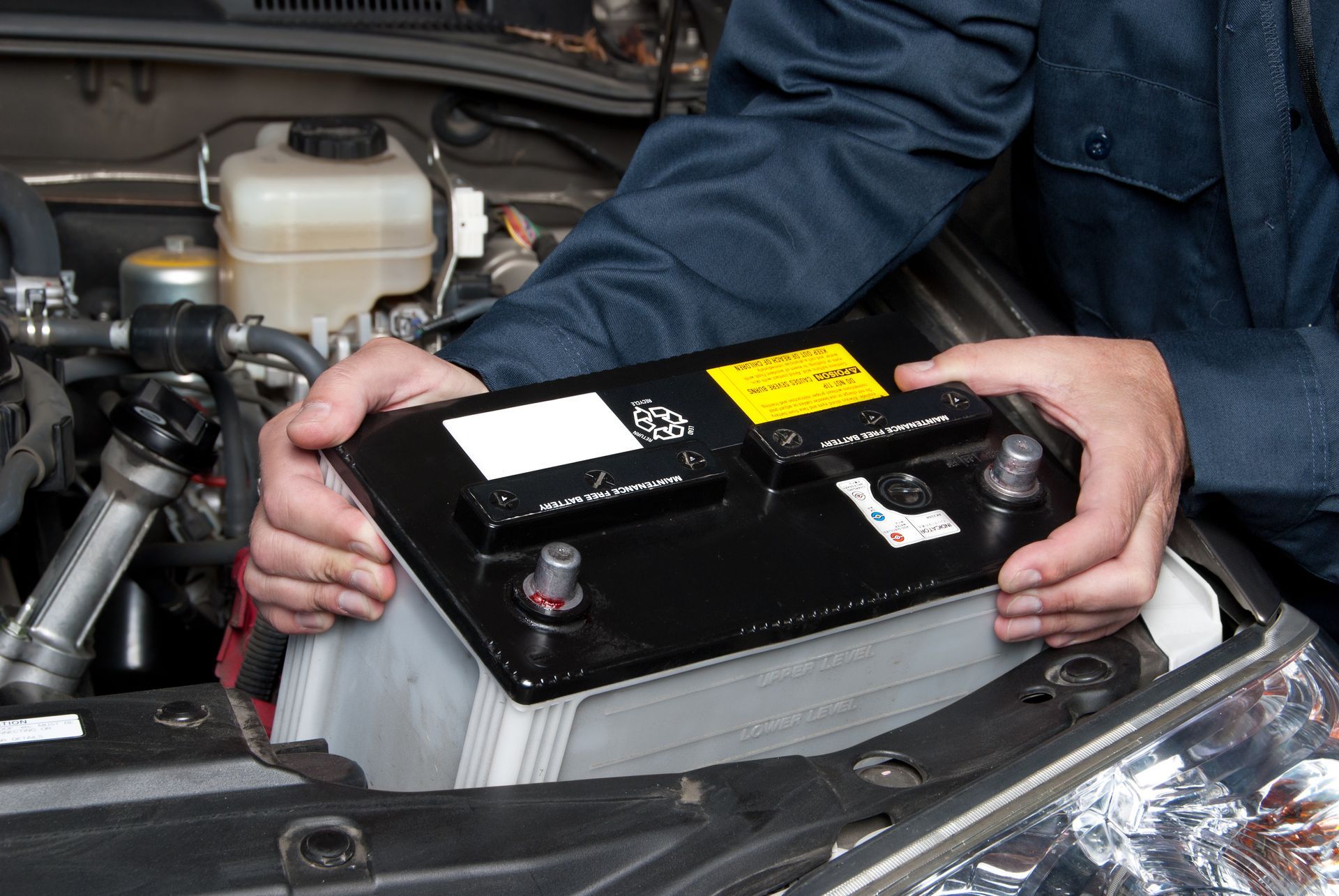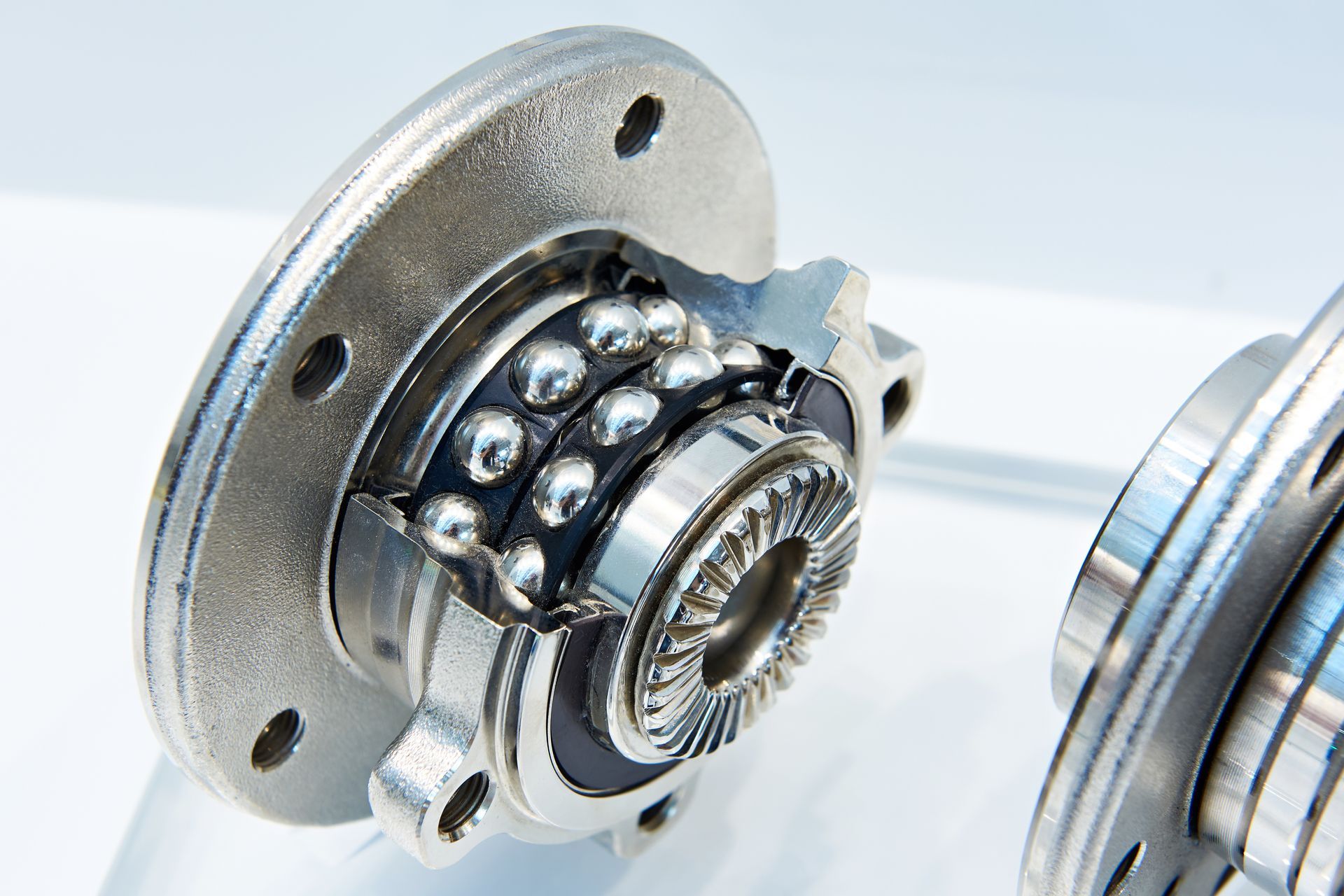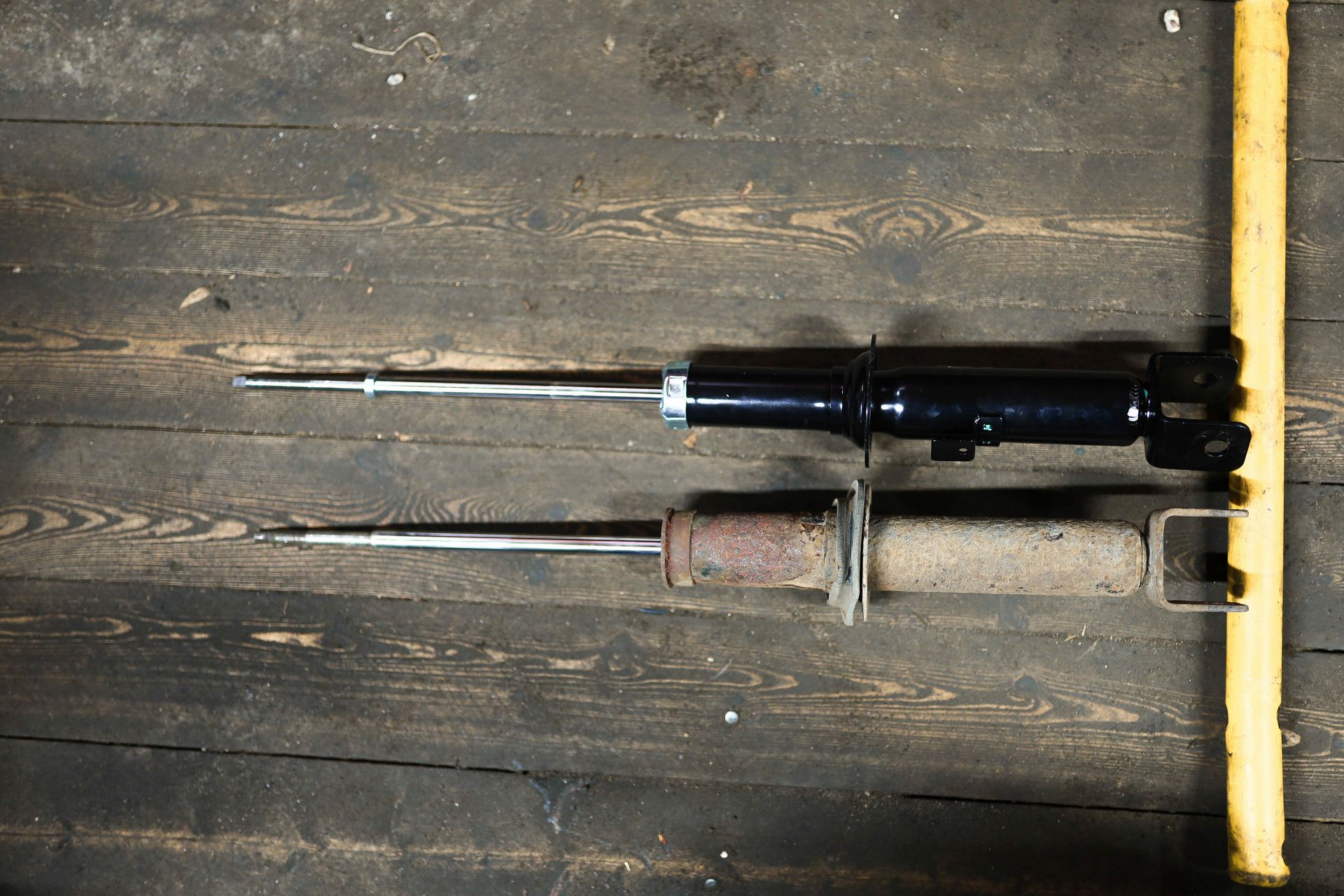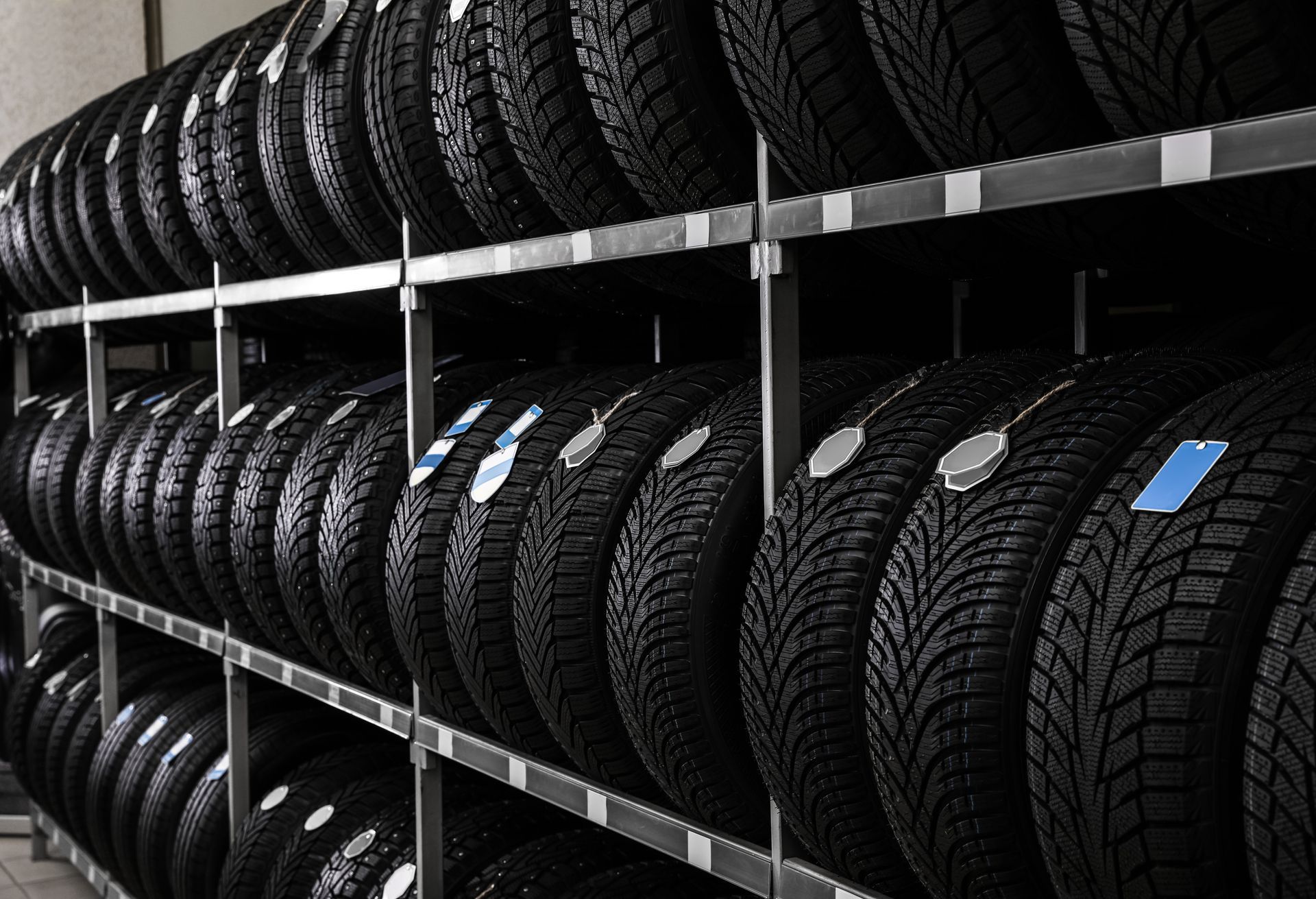Life gets busy, and sometimes vehicle maintenance falls off the to-do list. But delaying or missing an oil change can cause more harm than many drivers realize. While modern engines are durable, and some oils are engineered to last longer, delaying an oil change for too long can lead to performance issues, increased wear, and costly engine damage.
If you’ve been stretching your oil change intervals or have accidentally skipped one, it’s important to understand the risks and how they affect your engine’s long-term health.
Why Oil Changes Matter
Motor oil is the lifeblood of your engine. It lubricates moving parts, reduces friction, carries away heat, and helps keep the engine clean by suspending contaminants and preventing sludge buildup.
Over time, oil breaks down and becomes less effective at performing these critical tasks. Additives wear out, and the oil thickens as it collects debris. This puts more strain on your engine and can allow metal parts to rub together, accelerating wear.
Regular oil changes ensure your engine operates efficiently and stays protected against internal damage.
The Immediate Effects of Skipping an Oil Change
If you’ve only gone a few hundred miles past your recommended oil change interval, your vehicle likely won’t suffer major consequences. However, if you continue to delay, you may begin to notice subtle signs that your oil is no longer performing its job.
Your engine may run hotter, performance might decrease, and your fuel economy could drop. You may even hear increased engine noise, such as ticking or knocking, caused by oil that’s too dirty or degraded to provide proper lubrication.
These early symptoms are your engine’s way of asking for attention before the problem becomes more serious.
Sludge Buildup and Internal Damage
One of the most concerning risks of missed oil changes is sludge. As oil breaks down, it can turn into a thick, tar-like substance that sticks to engine components and clogs oil passages.
Sludge buildup reduces oil flow, traps heat, and prevents lubrication from reaching critical parts. If left unchecked, it can lead to damage to the crankshaft, camshaft, pistons, or bearings.
Once sludge takes hold, cleaning it out can be difficult and expensive. In some cases, it may even require partial engine disassembly to remove it properly.
The Risk of Overheating
Without clean, circulating oil to absorb and move heat away from moving parts, your engine’s temperature can quickly rise. Overheating leads to metal expansion, warping, and increased wear, particularly in aluminum engine blocks or cylinder heads.
In severe cases, overheating due to oil neglect can result in a blown head gasket or a warped engine block, both of which are extremely costly repairs.
Impact on Fuel Economy and Emissions
Dirty oil increases friction within the engine, forcing it to work harder and burn more fuel to maintain performance. You might not notice the effect right away, but over time, decreased efficiency adds up in extra fuel costs.
Poorly maintained oil can affect sensors and emissions systems. This may lead to check engine lights or trouble passing emissions tests, especially in states with strict inspection requirements.
Warning Signs You’ve Gone Too Long
Even if you don’t track your mileage closely, your car will likely give you clues when the oil needs changing. These signs may include:
- Illuminated oil pressure or check engine light.
- Increased engine noise or rough idling.
- A burnt oil smell inside or around the car.
- Reduced acceleration or sluggish performance.
If you notice any of these symptoms, it’s time for an oil change—and possibly an inspection to check for developing issues.
Getting Back on Track With Oil Maintenance
If you’ve missed one oil change, don’t panic. The key is to act promptly. Schedule an oil service as soon as possible, and have the technician check for signs of sludge or leaks. Sticking to a consistent schedule moving forward will help minimize any long-term effects.
Consider setting reminders or using maintenance apps to track your next service date. And if you’re unsure how long it’s been, many shops can assess oil condition during a routine inspection.
Protect Your Engine With Precision Tires & Auto in New Port Richey, FL
At Precision Tires & Auto, we know how easy it is to delay oil changes and how important it is to get back on track. We offer comprehensive oil services, high-quality oil products, and expert recommendations tailored to your vehicle and driving habits.
Don’t let a missed oil change become an engine replacement. Visit us today for your next oil service and keep your car running strong for miles to come.

